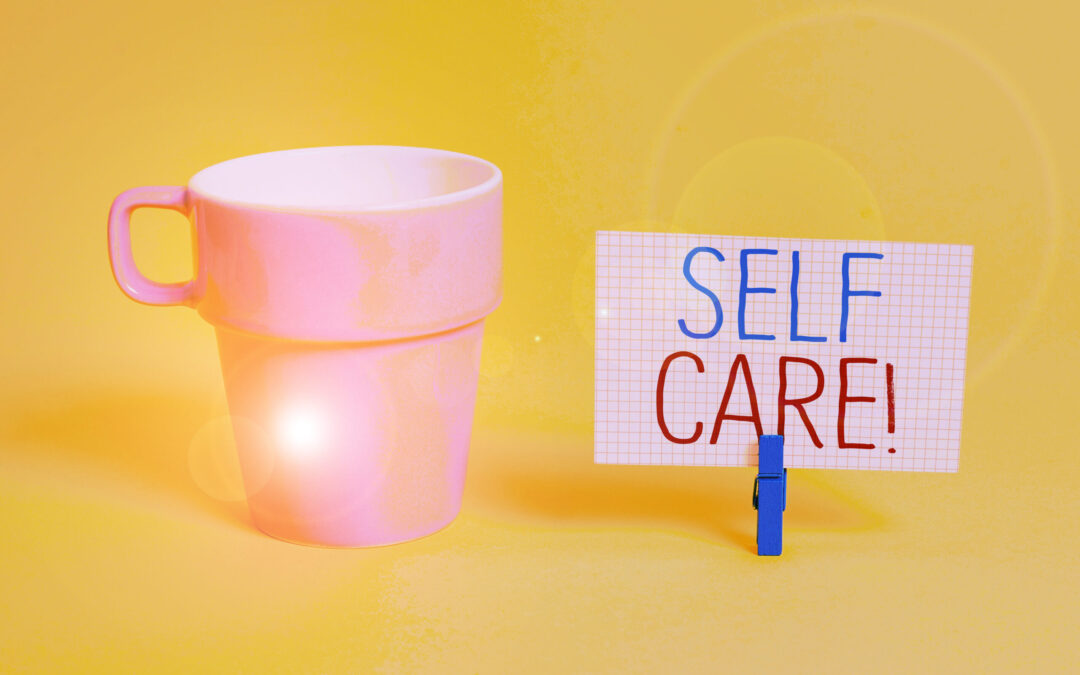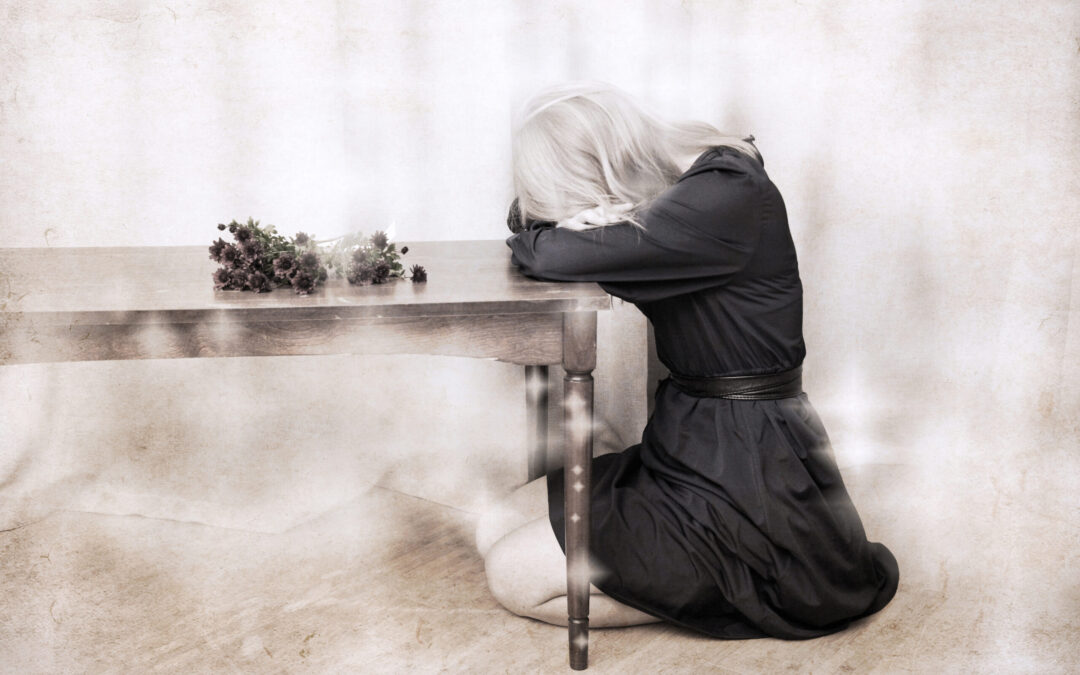
by Vicki Garcia | Jun 1, 2024 | Leaving
Well, here you are! You have succeeded in leaving the toxic relationship behind. You and your kids are in a safe place filled with calm and peaceful vibes. You’re tired and exhausted physically and emotionally. But you no longer need to walk on eggshells. Relief...

by Vicki Garcia | Jun 1, 2024 | Leaving
Building respect starts with setting healthy boundaries. This can be difficult to approach after living with an abusive partner. Reach Out Speak Out has counselors to help you begin to learn to set these boundaries. This will benefit not only your life but the lives...

by Vicki Garcia | Jun 1, 2024 | Leaving
Let’s look at how many responsibilities you have been carrying. How many are really your responsibility versus others, like your ex-partner or other family members. Now is the time to put down what is not yours to carry. I know this seems difficult and even...

by Vicki Garcia | Jun 1, 2024 | Leaving
God is your strength. Praise him daily. While you are no longer taking on others responsibility, there may be some friction and some puzzled onlookers. Even the kids are wondering who is this new mother of ours. You have probably been teaching them about their...

by Vicki Garcia | Feb 1, 2024 | Domestic Violence, Leaving
Living with domestic abuse can numb you so that you don’t realize what all you have lost. Your aspirations and dreams lie buried under many layers of disappointment, broken promises, emotional wreckage and physical pain inflicted by your partner. You are living...

by Vicki Garcia | Feb 1, 2024 | Domestic Violence, Leaving
The stages of grief are as follows: Shock / Denial. Disbelief and numb feelings Pain / Guilt. Unbearable pain of loss and guilt for burdening others Anger / Bargaining. Insisting to God that he removes the pain or fix the situation. Depression. This may be when you...







